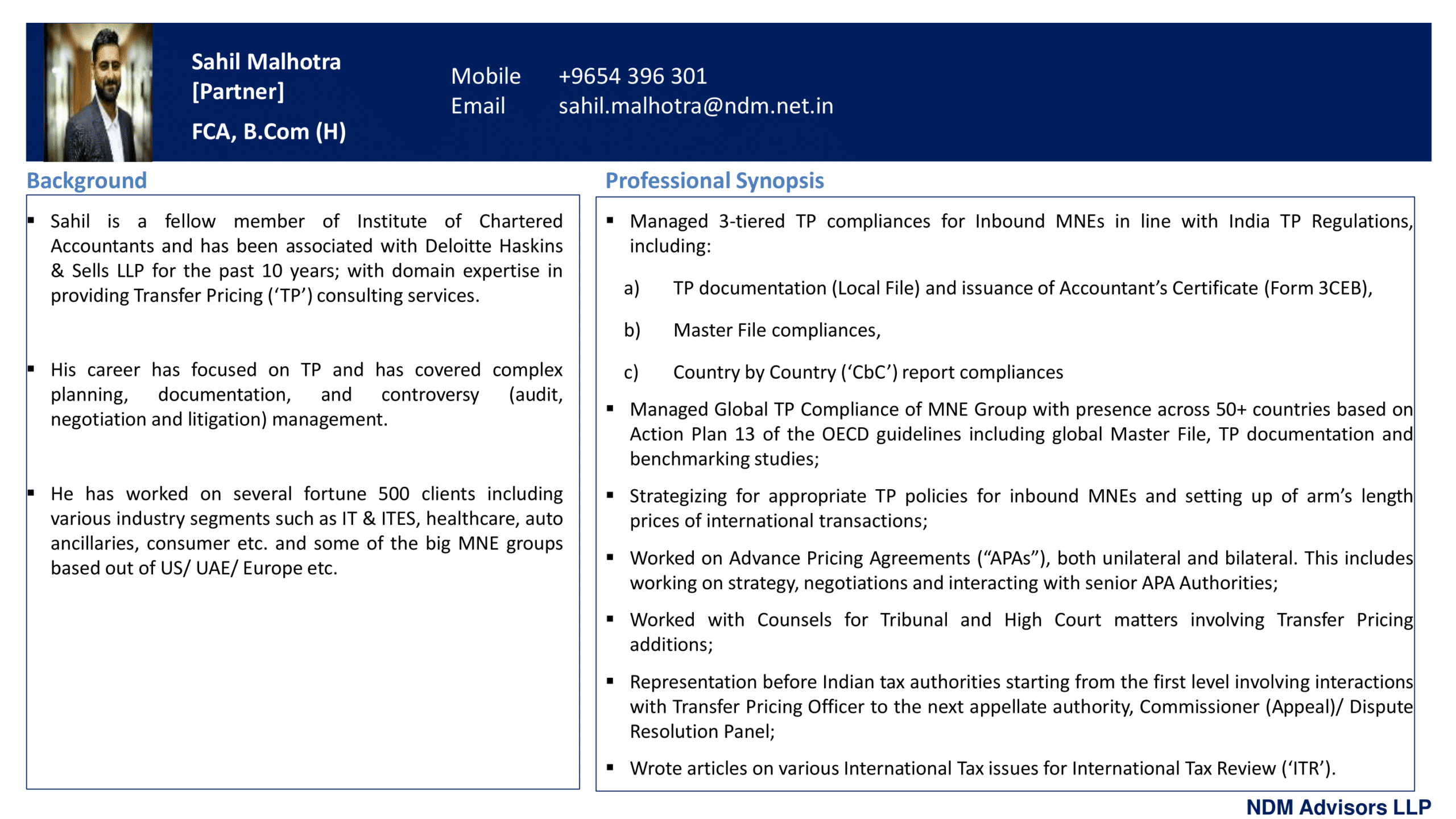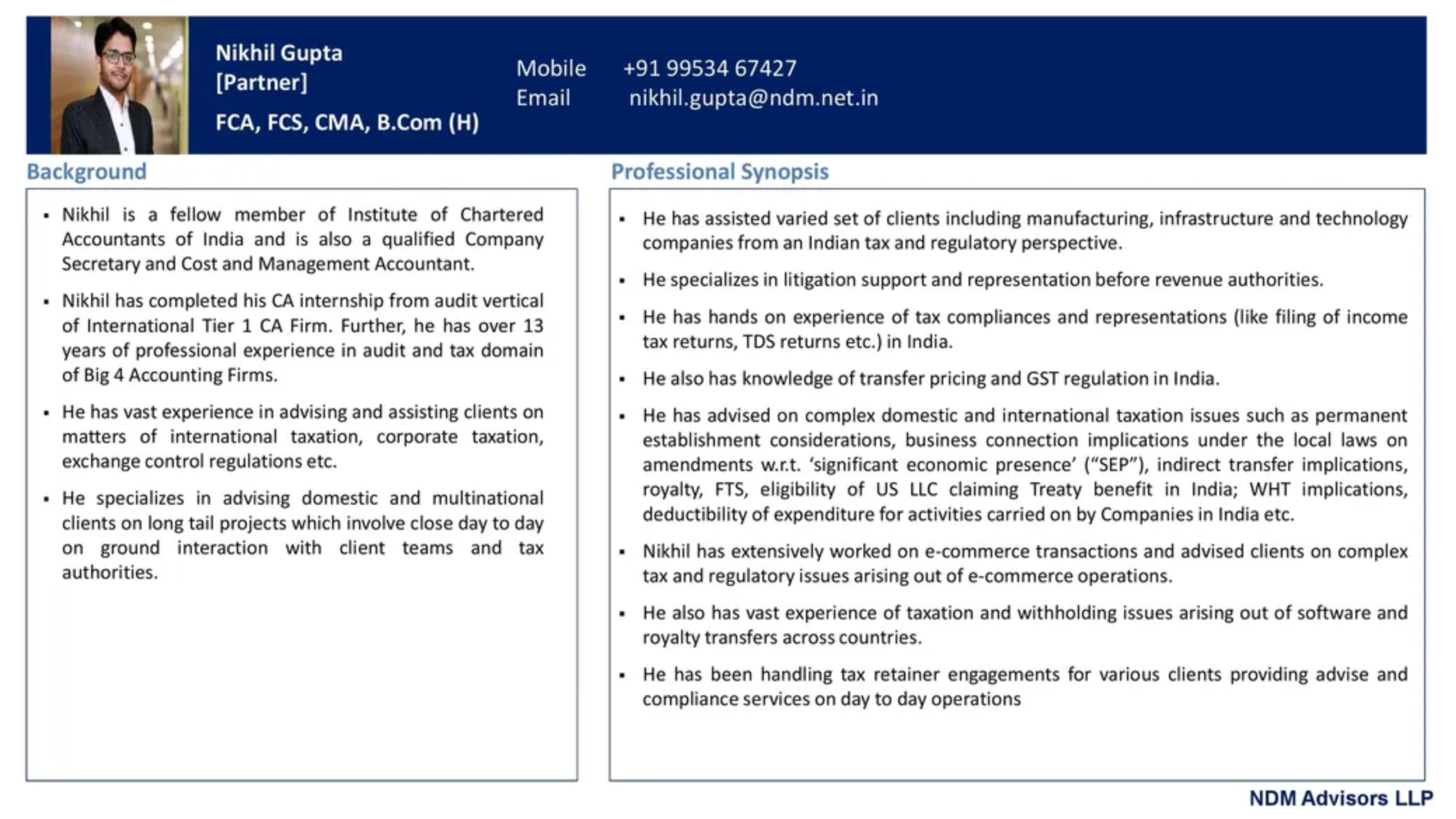Beware of Accepting Foreign Donations!

In this era of globalisation, happenings in one end of the world create ripples in the other end. Globalisation has led to greater movement of philanthropic funding around the world. In the past four years, the Indian non-government organisations (‘NGOs’) have received approximately INR 50,000 Crores of foreign donations. With access to advanced IT infrastructure, Indian regulators have greater visibility over such receipts and it becomes imperative for India Inc. to be abreast with the Foreign Contribution (Regulation) Act, 1976 [‘Old FCRA’].
Background of FCRA
The Old FCRA was brought into force on 5th August 1976 during the imfamous emergency with the view “to regulate the acceptance and utilisation of foreign contribution or foreign hospitality” to safeguard national interests against politically targeted foreign contributions. The Act was then amended in the year 1984 to encompass within its ambit second and subsequent recipients of foreign contribution, while also establishing a system for grant of registration to the entities receiving foreign contributions. Thereafter, the Old FCRA of 1976 was repealed and replaced by the Foreign Contribution (Regulation) Act, 2010 (“FCRA”), with effect from 1st May 2011. The Foreign Contribution (Regulation) Amendment Act, 2020 (“Amendment Act”) was passed amending various Sections of the FCRA. The Amendment Act aimed at rationalising the provisions of FCRA by increasing accountability in the acceptance, utilisation, transferability, disposal and reporting of foreign contributions, thereby giving more teeth to the Indian regulators.
On 8th April 2022, the Hon’ble Apex Court of India upheld the constitutional validity of the Amendment Act and also clarified upon the scope and ambit of the amendments made therein. In this backdrop, this article sheds light on three of the several questions about the FCRA and the Amendment Act that remain unanswered and also provides an analysis of the recent Supreme Court decision.

Framework of the FCRA
The FCRA regulates the receipt, transfer, disposal and reporting of foreign contribution and foreign hospitality from a foreign source by a person situated in India. Sections 3 to 6 deal with the receipt of foreign contribution by persons such as political parties, employees of the Government, etc. Pre amendment, Section 7 prohibited transfer of foreign contribution to another person who is not registered under the provisions of the FCRA. Pursuant to amendment, the provision was amended to totally bar transfer of foreign contribution to any person by the entity receiving the contribution. The Supreme Court of India has also upheld the validity of the Amendment Act stating that this amendment was brought in with the aim of curbing misutilisation of funds from the purpose for which it was received and to ensure accountability of the recipient party.
Section 8 provides that every person who received foreign contributions shall, inter alia, utilise such contribution for the purposes for which it had been received. Therefore, it prevents misuse of the foreign contribution and ensures that it is utilised for the desired purpose/objective.

Applicability of Amendment Act to foreign contributions received prior to its date of operation?
Pursuant to amendment, Section 7 created a complete bar on transfer of foreign contribution to any other person (from the first recipient of such funds). This embargo created certain practical challenges to the subsequent utilisation of such funds.
Firstly, it can be questioned whether such amendment is retrospective in nature and therefore, applicable to the contributions received prior to the Amendment Act. The Supreme Court has repeatedly held that an amendment is presumed to be prospective in nature unless specifically stated otherwise. It has also been held by the Supreme Court that any substantive statute would operate prospectively unless stated otherwise. On an analysis of these judicial precedents and the cardinal principles established therein, it could be argued that the Amendment Act, making a substantive change to Section 7 and not specifying a retrospective operation, would be considered prospective in nature. In that case, the embargo introduced by the Amendment Act would not be applicable for foreign contributions received prior to such amendment.

Whether foreign contribution may be utilised for discharge of liabilities incurred by third party (apart from one receiving the funds)?
While the amendment to Section 7 may have been brought in with an underpinning bonafide intention to prevent misuse of foreign contribution, it may give rise to certain unintended and inadvertent functional difficulties.
While in most cases the recipient of foreign contribution would be able to use it for the intended purpose, there may be instances where the entities collaborate with other organisations for achieving a commonly identified goal. For instance, there could be a situation where grassroot organisations may not have the track record to directly obtain foreign contribution and therefore depend on collaborations with established entities to achieve their common objective. A question arises as to whether such established entities could act as an intermediary in obtaining foreign contribution and use the same for making payments incurred by the organisations they have collaborated with.
Incidentally, the amendment to Section 7 was challenged as being violative of Articles 14 and 19 of the Constitution of India. The Petitioners therein pointed out functional difficulties identical to those explained above and prayed for quashing the amendment. Though the amendments were held to be constitutionally valid, the Supreme Court provided clarifications on the applicability of the amendment. The Court drew a distinction between the terms ‘transfer’ and ‘utilisation’. It held that if foreign contribution is utilised for the definite purpose it was envisaged for, it would not be a case attracting the rigors of Section 7 even though it may theoretically entail transfer of foreign contribution.
Basis the above, it can be argued that if an entity registered under the provisions of the FCRA receives foreign contribution and uses it to make payments for expenses incurred by another party it has collaborated with, such usage would qualify as ‘utilisation’ as envisaged under Section 8 and not a ‘transfer’ as envisaged under Section 7.
Can an entity utilise the foreign contribution to pay for expenses incurred prior to receipt of such contribution or prior to the entity’s registration?
Section 8 of the FCRA states that every person shall utilise the foreign contribution for the purposes for which it has been received. In an ideal scenario, the chronological order of events can be understood as follows – (i) registration under the Act, (ii) receipt of foreign contribution, (iii) incurring of expenditure for the identified purpose, and (iv) utilisation of foreign contribution. Although the above-mentioned order is ideal, there may be instances where an entity incurs the expense prior to receipt of the foreign contribution or prior to its registration
The FCRA does not require that the expense towards which a foreign contribution is received should be incurred only after the receipt of the foreign contribution. It can be argued that so long as the foreign contribution is utilised for the identified and approved purpose, the chronology of the expense being incurred and the foreign contribution being received ought not to make any difference. This argument would also be in line with the reasoning laid down by the Supreme Court, as discussed above. In any case, the FCRA provides for other adequate safeguards such as filing of periodical returns which would disclose all details pertaining to receipt and utilisation of foreign contribution.
Conclusion
The provisions of FCRA are targeted to filtering the politically motivated funds and therefore, provides enhanced powers to the regulators to deter such payments. Recently, Indian regulators have also cancelled FCRA licenses and also disallowed many applications for receipt of such funds on contravention of FCRA. Accordingly, there lies challenges in the practical implementation of its provisions which may be detrimental to the entities receiving genuine foreign contribution. It is imperative that recipients should thoroughly analyse the legal provisions of accepting foreign philanthropic receipts and their subsequent disposal norms.
A detailed study of equity being parted with, terms of payment, returns, and other factors should form the basis of your decision.
In case of queries, drop us a line on communications@ndm.net.in
Have Any Question?
Send us a message and tell us more about your business and financial goals. We will get back to you soon to schedule a consultation.
- +91 9873210394
- Communications@ndm.net.in


















